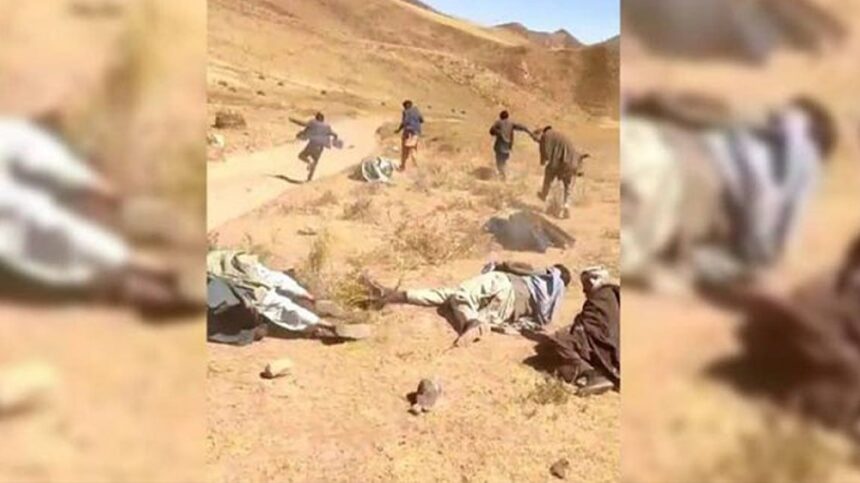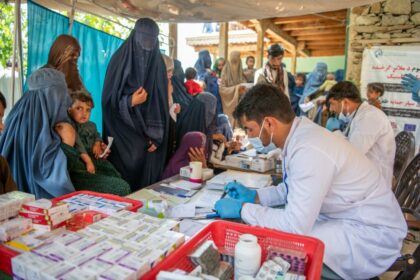RASC News Agency: In response to the recent mass execution of Daykundi residents, Human Rights Watch has stressed the critical need for the immediate protection of Afghanistan’s Hazara community, urging for decisive actions to safeguard them. This statement follows the killing of 14 residents from the village of Qariodal in Sangtakht and Bandar district, Daykundi province, on Thursday. The massacre, which occurred in the border areas between Daikundi and Ghor provinces, was perpetrated by armed assailants.
While ISIS-K (Islamic State Khorasan) has claimed responsibility for this attack, numerous civil society activists and Afghanistani intellectuals have pointed fingers at the Taliban, accusing them of facilitating or allowing such atrocities. Many regard this assault as a continuation of the ethnic cleansing campaign that has targeted Afghanistan’s Hazara population. Human Rights Watch has also highlighted that since the Taliban’s resurgence in August 2021, ISIS-K has orchestrated at least 17 attacks on the Hazara community, resulting in over 700 casualties, both dead and wounded.
As early as October 2021, Human Rights Watch concluded that ISIS-K bombings and targeted assaults against the Hazara community constitute crimes against humanity. The organization reiterated the urgent need for the Taliban to implement robust measures to protect all vulnerable communities in Afghanistan, particularly Hazaras and other Shia Muslims. Additionally, Human Rights Watch urged governments engaging with the Taliban to insist on the protection of these vulnerable groups and to strengthen mechanisms for accountability in response to international crimes being committed within Afghanistan.
The organization also referred to the ongoing investigations by the International Criminal Court (ICC) into alleged war crimes by both ISIS-K and the Taliban. It called upon nations to provide financial, logistical, and political support to these crucial investigations. According to Human Rights Watch, the UN Human Rights Council should also respond to the appeals of Afghanistan and international human rights organizations by establishing a comprehensive international mechanism for Afghanistan, aimed at advancing accountability for severe human rights violations.
Finally, Human Rights Watch underscored the need for support for survivors and families of victims, emphasizing their struggle for justice in a country where perpetrators of grave abuses have enjoyed impunity for more than four decades.






